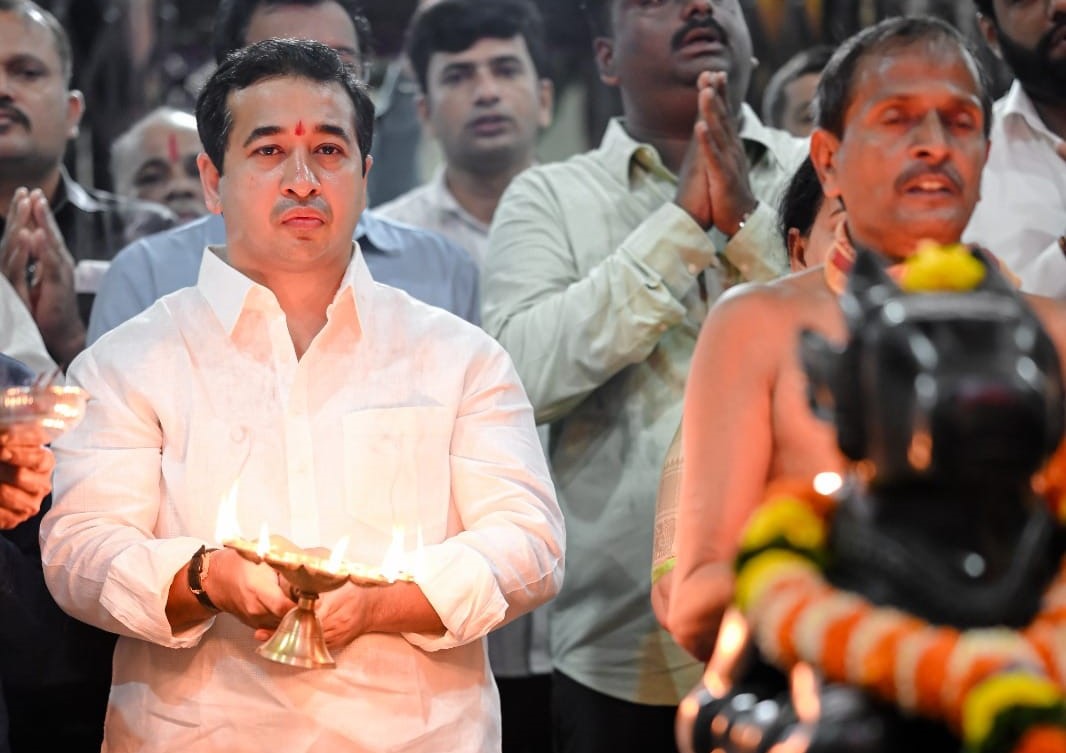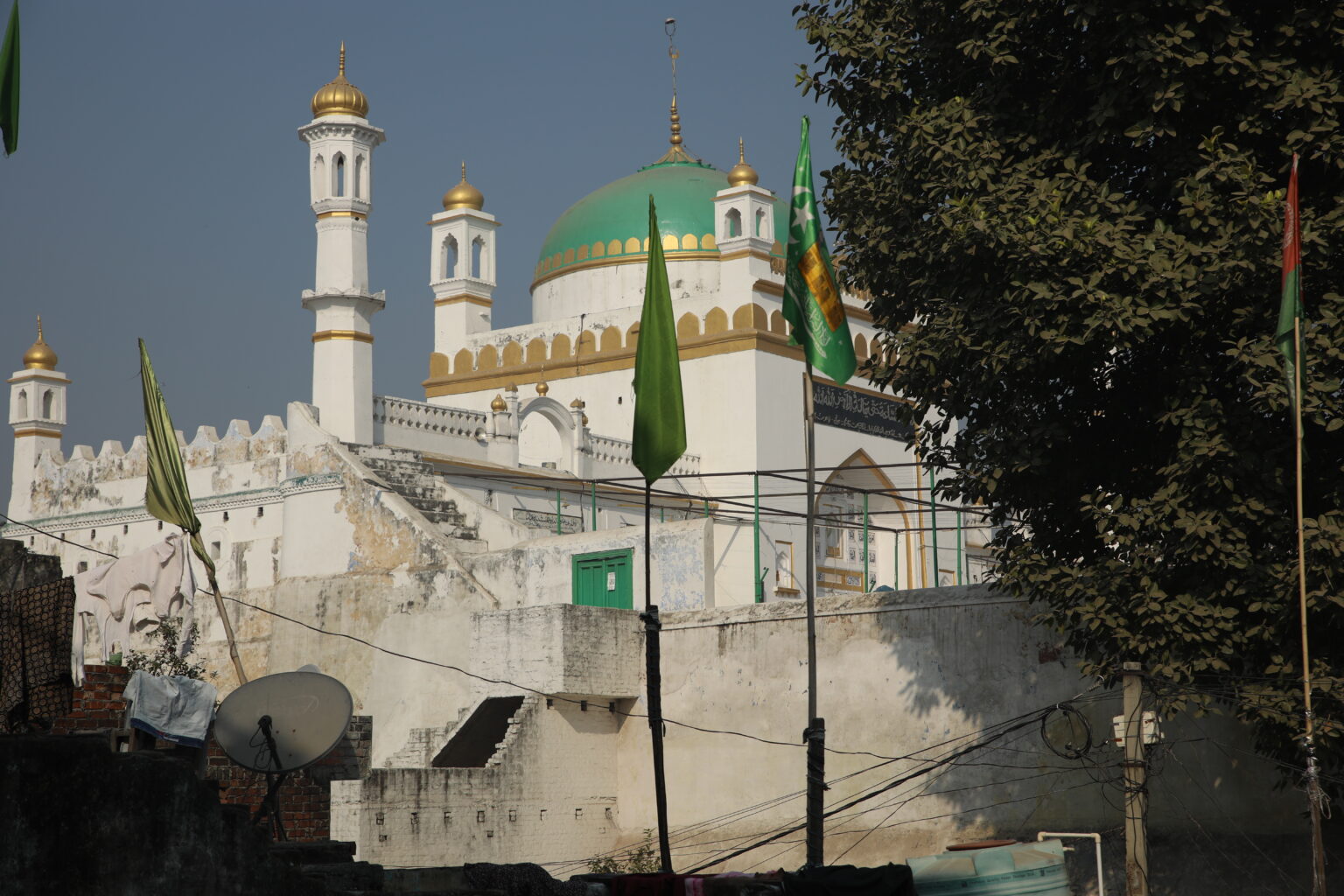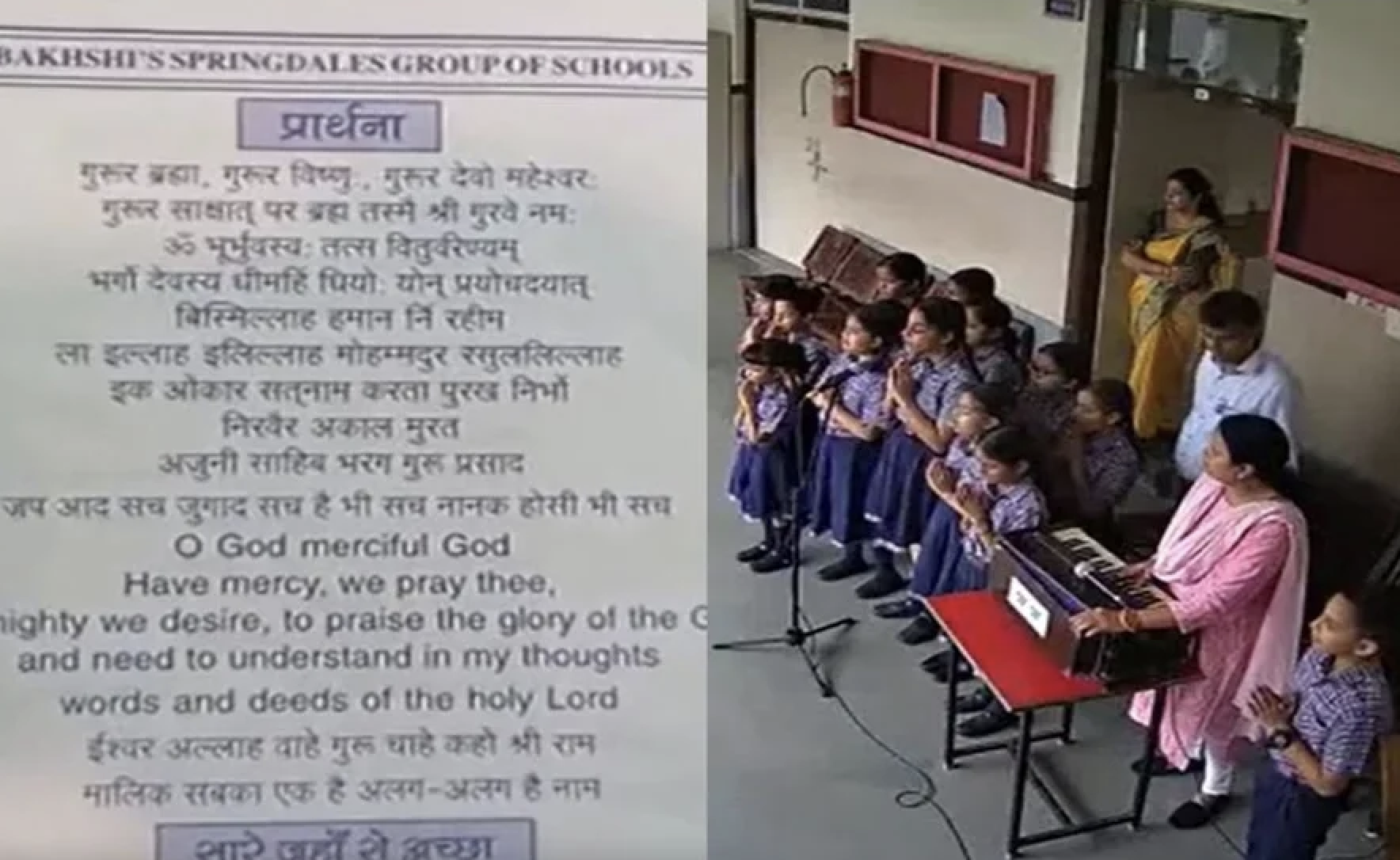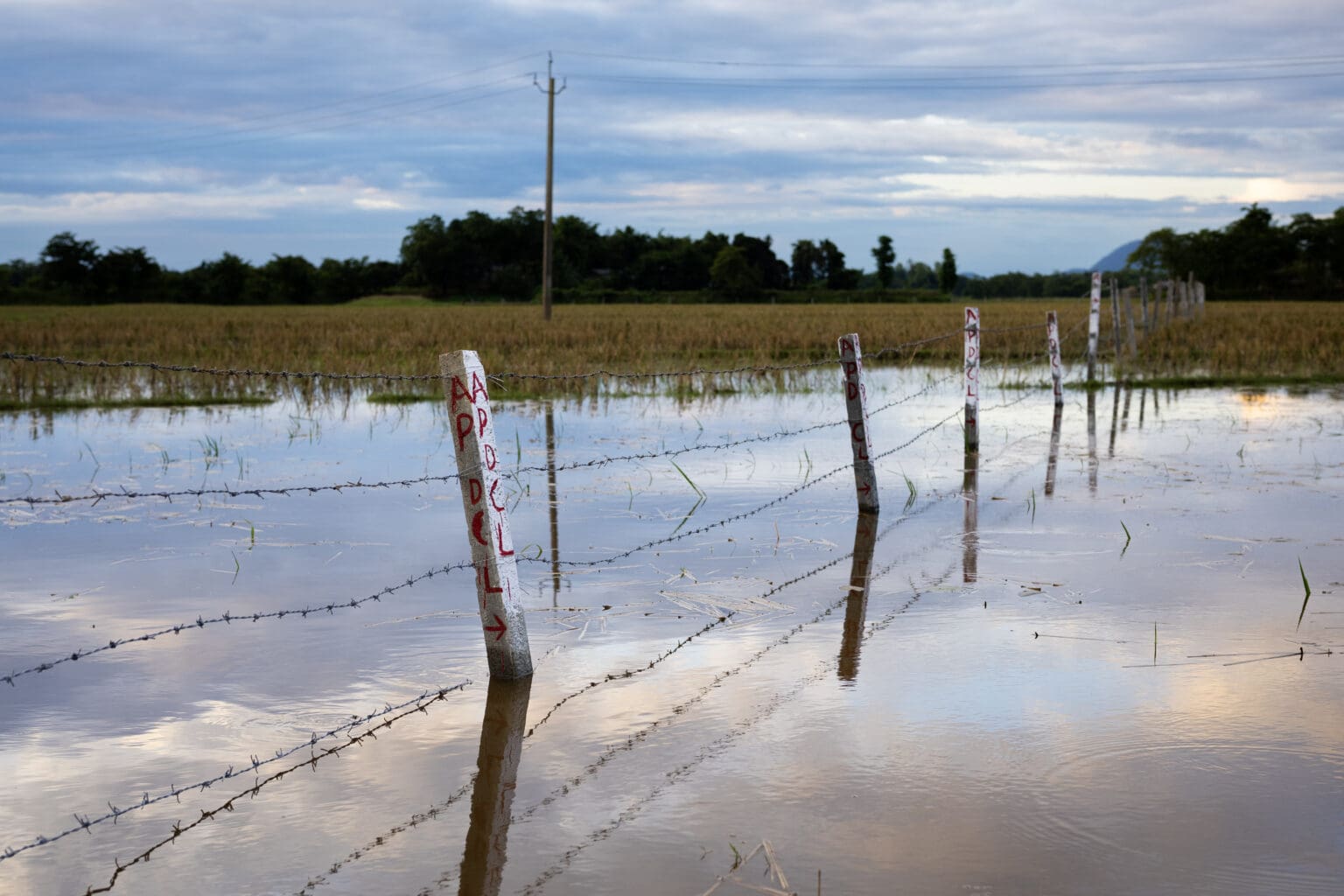By Pankaj Shah / The Times Of India
Lucknow: The Rashtriya Swayamsevak Sangh is learnt to have taken feedback from the UP BJP unit about the contribution of ‘Pasmanda’ community (backward classes among Muslims) in the saffron party’s electoral performance since the 2014 Lok Sabha elections when BJP formed the government at the Centre under the leadership of PM Narendra Modi. Pasmanda, which means, “left behind” in Farsi, account for around 75% of the total Muslim population in UP. During the recently concluded national executive in Telangana, PM Modi had asked the UP BJP cadre to ramp up the outreach among he Pasmanda community for their social uplift.
Modi’s observation had come in the aftermath of BJP’s recent Lok Sabha bypoll win in SP bastions Azamgarh and Rampur.
Sources said that a top RSS functionary recently summoned a senior UP BJP office-bearer and asked him as to what extent Muslims, who got benefited by various government schemes, aligned with the party.
Sources said that the UP BJP leader told the RSS leader that only 1% of the total 4 crore Muslim beneficiaries of various government schemes, have shown signs of allegiance towards the BJP. “Most of the beneficiaries are essentially from the Pasmanda Samaj.
President of UP BJP minority wing, Basit Ali, said that the party plans to expedite its outreach among the Pasmanda community in the run-up to 2024 LS elections. “All we can do is to provide them the benefits of the government schemes and convince them about BJP’s ideology. We expect the best to happen,” he told TOI.
The BJP has been appointing Pasmanda Muslims on key government and organisational positions. For instance, Jamal Siddiqui, who hails from the backward Manihar community, is the national president of BJP’s minority wing.
Likewise, Danish Azad Ansari is a minister in Yogi Adityanath cabinet, while Iftikar Javed Ansari is the chairman of UP Board of Madrassa Education.
Similarly, Choudhary Kaif-ul-Wara, from the weaver (bunkar) community, is the chairman of Uttar Pradesh Urdu Akademi.
The Sangh, sources said, has reportedly also stressed on consolidation of Jat, Gujjar and Rajput sections among the Muslims. Basit Ali, himself, happens to be from the Rajput community. The Jats and Gujjars are essentially concentrated in the politically significant west UP.
Experts said that these three communities account for 15% of the state’s total Muslim population.
Experts said that the BJP’s focus on Jat and Gujjar Muslim could presumably nudge the opposition, particularly the Samajwadi Party (SP) and Rashtriya Lok Dal, which have been relying heavily on consolidation of Muslims, especially in the west UP. BJP sources said that the party started working on the plan to consolidate Pasmanda Muslims before 2014.
But it later dropped the idea even as party leadership trained its focus on the Jats and OBCs after the 2013 Muzaffarnagar riots.
The party, sources said, may go back to its drawing board to carve out a fresh strategy to amalgamate the backward.
This article first appeared in timesofindia.indiatimes.com






